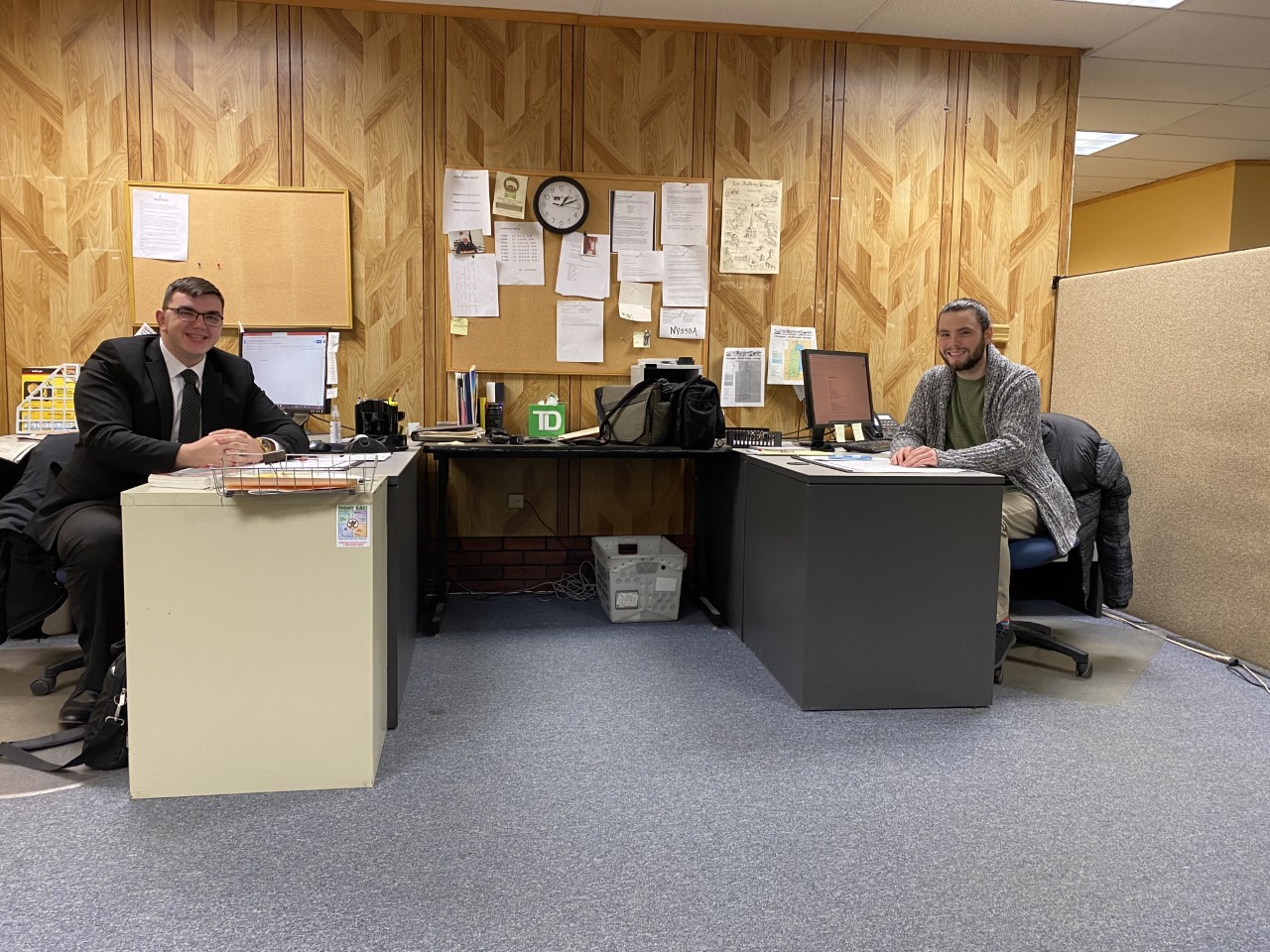Speaker speaks out against sexual offenders
On Sept. 24, Casella Fine Arts Center became quiet as Steve Thompson began his speech on the sensitive topic of sexual assault. Steve Thompson has spent 28 years researching rapes and other forms of sexual assault with survivors. During these years, he visited jails and prisons to talk to sexual predators. He also wrote a book called No More Fear.
All of his work started when he was teaching a women’s self-defense class at a college to help women from being sexually assaulted. Unfortunately, one of his students was assaulted during the course, to which he then decided to dedicate his life to preventing sexual assaults.
When starting out, Thompson had asked everyone to think of four women in their lives. Then he had announced that one of those four women had likely been sexually assaulted, or will be in her lifetime.
This shocked everyone, as students said they thought of friends that were sitting right next to them or close family members.
“This is not just a women’s issue,” Thompson said, adding that men needed to also step up and help stop things like this from happening.
While going into how men can help protect women from this tragedy Thompson reveals what he calls the Zebra Mentality.
The Zebra Mentality had 10 facts included. Main facts that were stressed in the speech included that one in four women will be sexually assaulted, how men can help, watch out for stalking even if it doesn’t seem like someone is, false reporting is rare, why people do not admit when they are raped, and the difference between “nice guys” and “good guys.”
“Never ignore stalking,” Thompson said.
It is common for people to be stalked but there are different ways that we may not conceder stalking. Cell phones are very common in this day and age but do we really think about how many text messages we get from one person a day.
If someone is sending you frequent text messages asking questions along the lines of what you’re doing and expressing emotions, then they may be stalking you.
If somebody is always waiting for you for example outside of your dorm waiting for you to go to class it may be stalking. Commonly stalkers also send gifts anonymously. You know when you are being stalked usually because it is really about how you feel about this person constantly communicating and wanting to be around you.
Thompson emphasized on the difference between “nice guys” and “good guys.” “Nice guys” are usually the ones who sexually assault women. The “nice guy” has to always have all of the attention on him with his friends looking up to him all of the time, most of the time sees women as objects not people, they are usually insecure about themselves even if they do not show it, and they do not handle rejection well.
“Good guys” on the other hand are usually the average laid-back guys who are not pushy about anything and clarify if a woman is saying yes or no to sex. These guys are not really known for violence or crime. They are usually the ones trying to help stop the rapes from happening.
“Nice guys” have their acts planned out before they occur. In his plan he usually has figured out who the victim will be, where he is going to do it, and how he is going to do it.
During the act, alcohol and other drugs are usually involved. Usually he will push the drinks on to her even if she doesn’t want them. Sometimes these drinks have double shots so the woman will drink what she normally does but is consuming twice as much alcohol.
During all of this the “nice guy” is drinking something light like a beer or even just a soda. Once the act has begun the victim wants to resist but she just freezes from the shock of what is happening and is in disbelief, feels powerless and immobilized.
After it is all over the man who has just sexually assaulted blames it on the victim saying that she wanted it, which is why many women never admit to being raped.
Steve Thompson delivered his message to Castleton students in a serious yet comical way to ease the tension. If anybody would like to ask Steve Thompson questions or would like to talk to about anything dealing with sexual assault you can contact him by e-mail thomp1sm@emich.edu, by phone 989-774-6677, or by www.sapa.cmich.edu.
.




